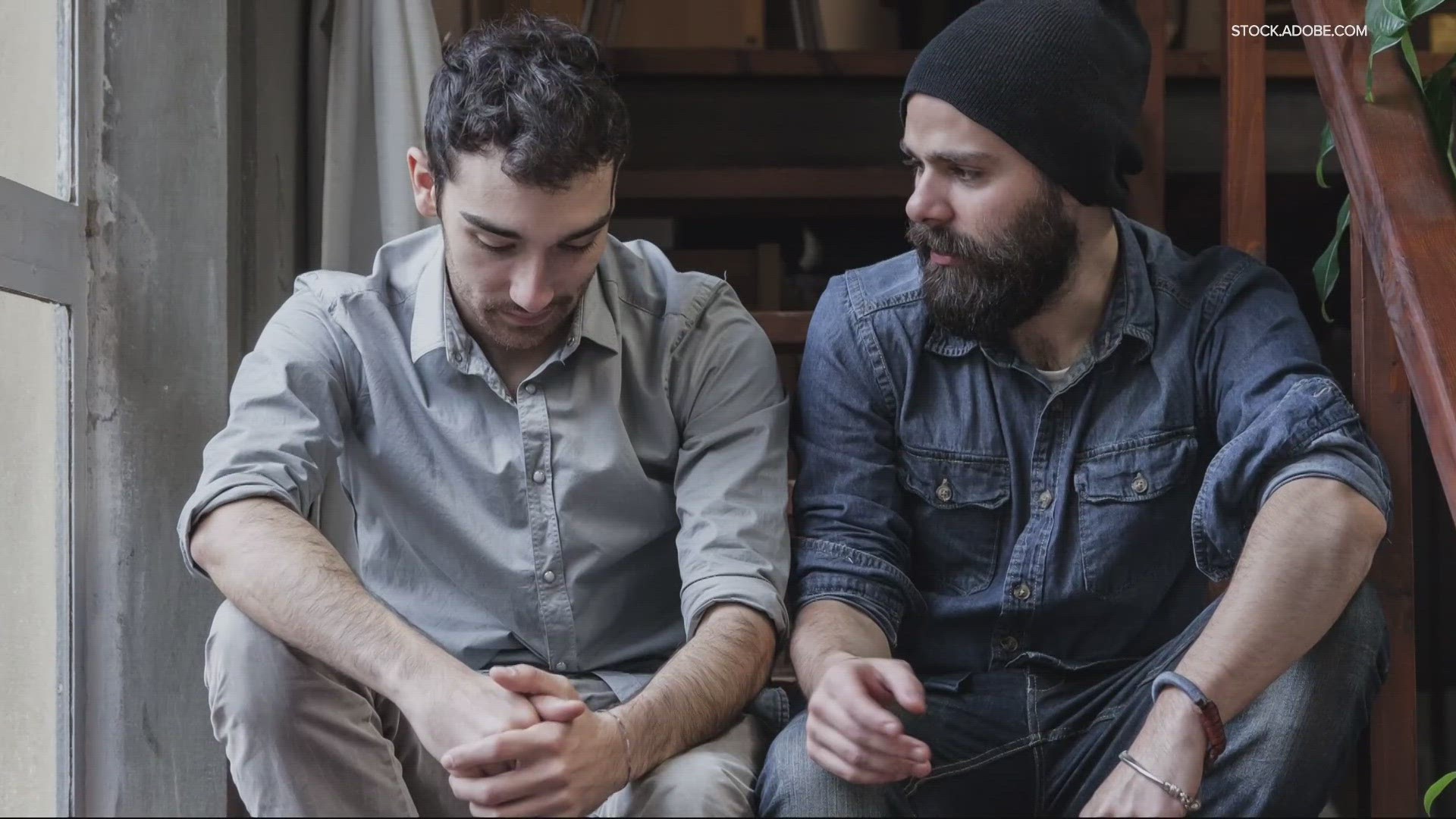PORTLAND, Ore. — “De-stigmatization is super important,” said Dr. Mike Franz, executive medical director of behavioral health for Regence. “People haven’t historically felt comfortable talking about these feelings like they would a medical condition.”
While talking about suicide can be difficult, not talking about it can be even worse.
“There’s the myth out there that you shouldn’t ask about suicide because you’re going to plant the idea in the person’s head. That’s absolutely not true. That’s been proven not to be true,” Dr. Franz said. “So, if you’re concerned about someone, you should ask them directly, 'Are they considering suicide?' and then help connect that person to appropriate care.”
About 49,500 people took their own lives last year in the U.S., the highest number ever, according to the Centers for Disease Control and Prevention.
“I do think there’s some truth to the statement that suicide is often a permanent solution to a temporary problem, especially for our young people who may be facing a very significant crisis,” Dr. Franz said. “I don’t want to minimize that, but whatever is going on is likely going to change, improve, get better.”
So, what should you do if someone in your life is struggling?
“If someone’s sleep is changing dramatically or they’re not eating as much. If they’re expressing feelings of hopelessness of helplessness, if they’re talking in any way about not wanting to be alive, certainly, that’s going to be a major warning sign,” Dr. Franz said.
There are things that we can all do to prevent suicide, and actions we can take to promote healing, help, and give hope.
Here are some steps from the 988 Suicide and Crisis Lifeline:
- Ask: Research shows people who are having thoughts of suicide feel relief when someone asks after them in a caring way. Findings suggest acknowledging and talking about suicide may reduce rather than increase suicidal ideation.
- Be there: People are more likely to feel less depressed, less suicidal, less overwhelmed, and more hopeful after speaking to someone who listens without judgment.
- Keep Them Safe: Studies show that when lethal means are made less available or less deadly – suicide rates by that method decline and suicide rates overall decline.
“If we can remove that lethal means, that firearm can be separated such that it’s not accessible for even ten minutes, you can decrease suicide rates very markedly,” Dr. Franz said.
- Help Them Stay Connected: Research shows that helping someone at risk create a network of resources and support can help them take positive action and reduce feelings of hopelessness.
- Follow Up: Studies have also shown that brief, low-cost intervention and supportive, ongoing contact may be an important part of suicide prevention – especially for individuals after they have been discharged from hospitals or care services.
“What’s most important is to seek help and do it voluntarily and you’re going to get help,” Dr. Franz said. “You’ll be given treatment and resources to improve because depression and suicidal feelings are treatable. People do get better.”
And remember help is available any time, day or night by calling or texting the National Suicide and Crisis Lifeline at 998.

